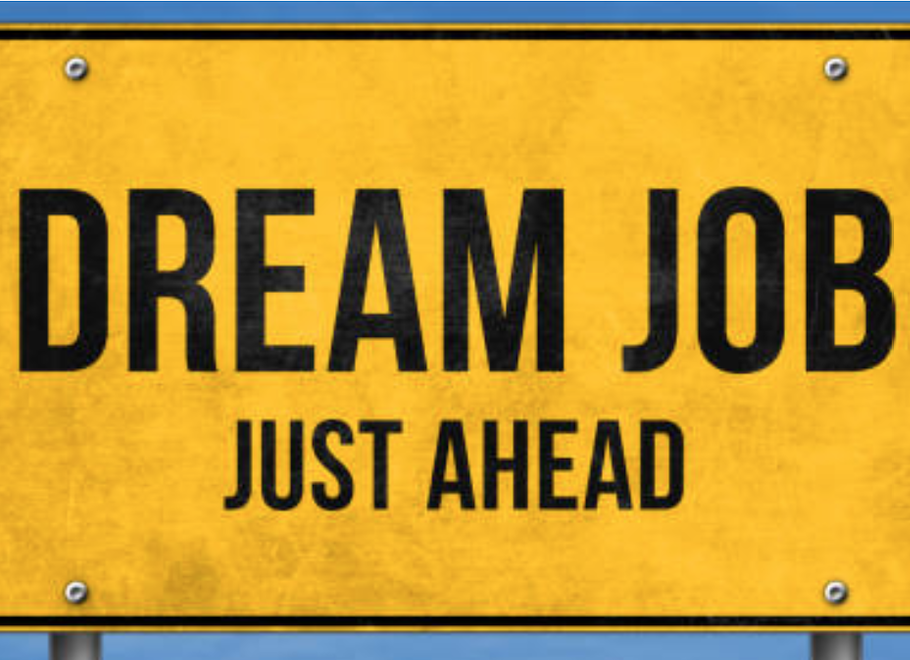We all know that references are important but what we often don’t know is what former or current employers have written in them.
How do you know if you have a reference that is putting off future employers?
The first tell-tale sign, assuming that your quality of work has been of a reasonable standard, is that you will find it difficult to get shortlisted whereas previously there would be plenty of interview offers.
This happened to me. I always had a great track record of being shortlisted and suddenly I just was not getting invited to interviews. My work history was unblemished, application strong and I knew that I had been shortlisted (and employed) based on one of my referees – so the variable was the other reference.
In my case, it was simply poor wording that completely changed connotations and if I had not spotted the red flag to suggest there was something wrong in my reference, the outcome would have been very different: the moment the reference reflected the good intention with better wording, I was shortlisted and promoted in a new role.
What can you do to help avoid bad references?
The obvious answer is to do your job well, but this is not a guarantee for getting a great reference.
References can be poor for a number of reasons:
- Simply poorly written (as in my experience)
- The wrong person asked who doesn’t really know your skills and strengths
- Written grudgingly by someone not asked to be a referee
- Other factors: personality clashes, attendance records, poor work or attitude, poor time-keeping…. (this list goes on)
Consider who can write your reference
To increase your chances of avoiding reference issues you need to consider who you will request a reference from. This should ideally be a line-manager from your current / most recent role as this is someone who will know your strengths. Subsequent references should be written by those who know you professionally.
Red flags to employers: references that clearly do not come from line-managers, references that come from personal (not professional) contacts, references that only confirm dates of employment and no other details (often in the case of “agreed references”).
Ask prospective referees, don’t assume
It is considered good manners to ASK the person first if they would be willing to write a reference. It means the person will be expecting and looking out for the reference request, but it also provides the opt-out option.
Examples of when an opt-out option is useful:
The person isn’t willing or doesn’t have time to write it, so better to know that in advance than to spring the surprise and they end up writing it hurriedly or grudging.
The person can raise that they are not able to write a good reference, so better to ask someone else. For example, a member of staff leaves employment in a blaze of burning their bridges and then sticks in a reference request from their ex-manager!
Note: it is likely you will need a reference from your line-manager not just as your most recent employer but as the second referee after that, too. There is a long reaching tail, so remember that before you decide to burn your bridges or you may find it hard to get work.
Be realistic about other factors
If you have a less than favourable track record in your current place of work, you will need to be realistic about what might appear in your reference. It is highly unlikely that your referee will lie about conduct, performance and employability issues, although it has been known for minor issues to simply be omitted.
If you believe there will be issues, it is worth having a conversation with your line-manager about it. Depending on circumstances, this is often where agreed references come into the equation. Seek proper HR professional advice if you are unsure of your options.
What to do if you suspect you have been given a bad reference?
It may surprise you to know that you are legally permitted to see any reference written about you. Note to reference writers, if you are not providing a fair and reasonable portrayal of facts, you may find yourself in hot water having to explain why!
So, if you suspect you have a bad reference, ask to see it.
If it is unfairly written, ask the person to make agreed changes or seek HR support.
If it is accurate but not great, seek to get an “agreed reference”. An agreed reference is preferable to a bad reference.
If your reference is absolutely fine and you are not getting shortlisted, try a CV review instead.
The most important thing is that you are aware of why you are not getting shortlisted as that way you can take positive action to move forwards with your job search.
#LiveDaringDreams

